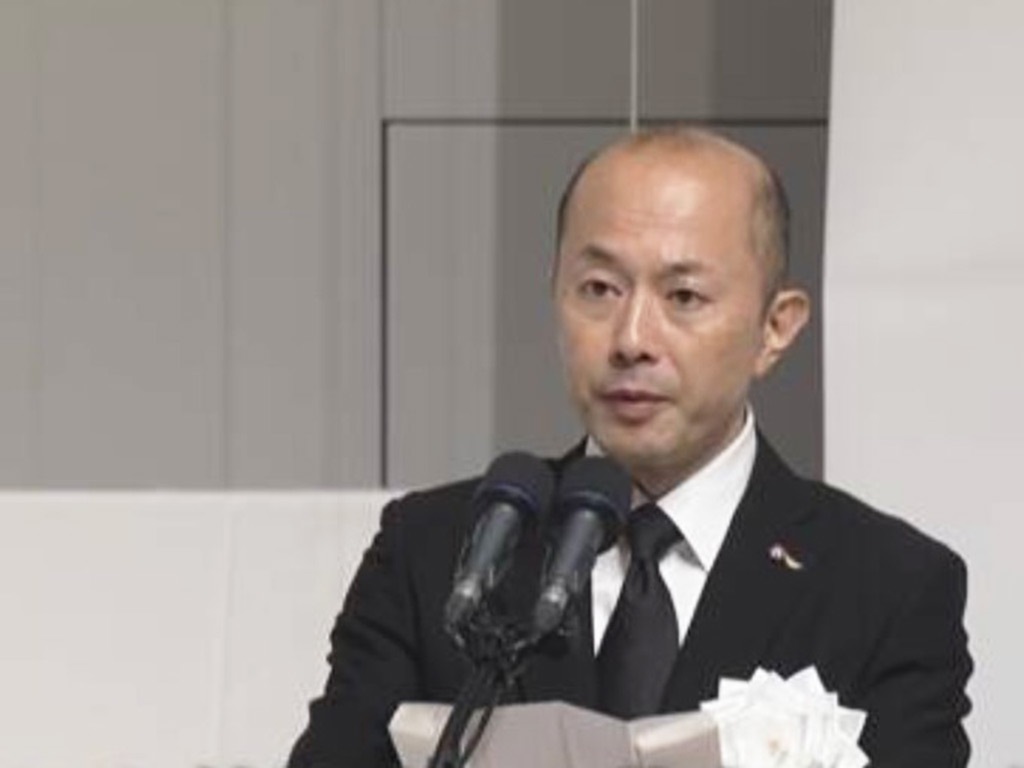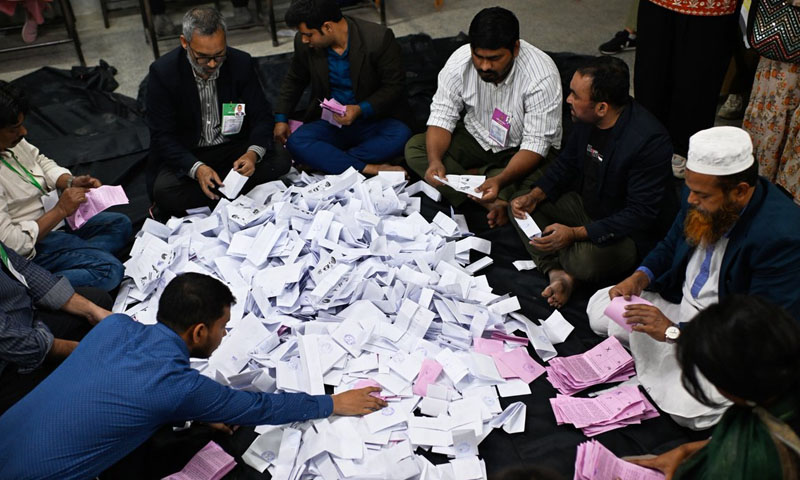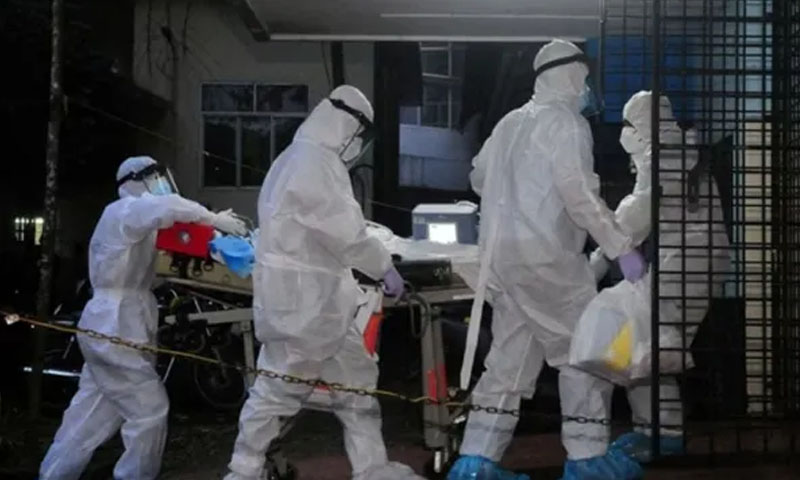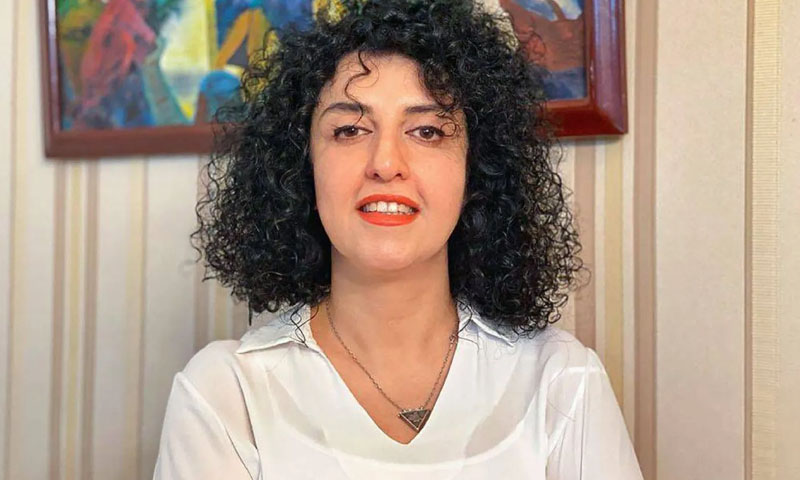- Web Desk
- Feb 13, 2026
Japan’s Nagasaki excludes Israel from peace ceremony commemorating nuclear attack
-

- Web Desk
- Jun 06, 2024

NAGASAKI: The city of Nagasaki in Japan has decided against extending an invitation to Israel for its annual ceremony commemorating the devastating nuclear attack by the United States (US).
The Mayor of Nagasaki Shiro Suzuki confirmed this decision, citing concerns over potential disruptions during the event.
Read more: West mistaken to assume Russia would never use nuclear weapons: Putin
The Japanese mayor clarified that Nagasaki city government has ceased sending invitations to Israel. Instead, it conveyed its stance through a letter to the Israeli ambassador in Japan, urging a halt to the conflict in Gaza.
The city government reached out to the Palestinian representative in Japan, extending an invitation for participation.
Despite the invitation extended to the Palestinian representative, Israel has yet to respond to Nagasaki’s initiative.
Read more: Europeans’ draft IAEA resolution presses Iran on nuclear programme
The ceremony is expected to host representatives from 154 countries, symbolising global solidarity in remembering the tragic events of the nuclear attack.
During Second World War, the United States dropped two atomic bombs on the Japanese cities of Hiroshima and Nagasaki. The US is the first and only country to use nuclear weapons in warfare.
On August 6, 1945, the city of Hiroshima was completely decimated when US dropped an atomic bomb named “Little Boy.” The explosion instantly killed tens of thousands of people and caused widespread destruction, leveling buildings and infrastructure within a radius of several kilometers.
Just three days later, a second atomic bomb nicknamed “Fat Man” was dropped on the city of Nagasaki. The second bomb similarly resulted in widespread death and destruction, with entire neighbourhoods reduced to rubble.
The aftermath of the Hiroshima and Nagasaki bombings left survivors grappling with severe injuries, radiation sickness, and enduring health complications that persist across generations to this day.




